DIGITAL TECHNOLOGIES IN
ARTS & CULTURE
How technology brings us closer to our audiences
DIGITALIZATION
DIGITAL TRANSFORMATION OF CH
Today, digitalization of CH (cultural heritage) is not only a process of 2D or 3D scanning of artifacts or structures but also a change in how we handle digital data and all of its forms. From storage, databases, mobile, and virtual, digitalization is now even more challenging then has ever been, as our ambitions on what can be done in the digital realm grow. We are here to help you achieve these aspirations.
PRESENTATION
NEW FORMS OF VIRTUALIZATION
Virtual and mixed realities are here, and they are changing our perspective on presentation and interpretation like never before. From lifelike reconstructions of historical sites, digitalization of art to historical figures that appear as holographic avatars in front of our visitors, our relationship with the audience is changing rapidly. Augmenting reality is developing, and we enjoy exploring these frontiers.
DEVELOPMENT
APPLICATIONS FOR CH SECTOR
Mobile apps and websites are evolving into new tools and platforms as devices continue to advance. Mobile expands as augmented reality becomes a feature embedded into phones, and web develops into a real-time collaborative environment accessible to everyone. Creating new software and hardware solutions for practical use in arts & culture space is one of our core missions. We are striving for humanity to progress.
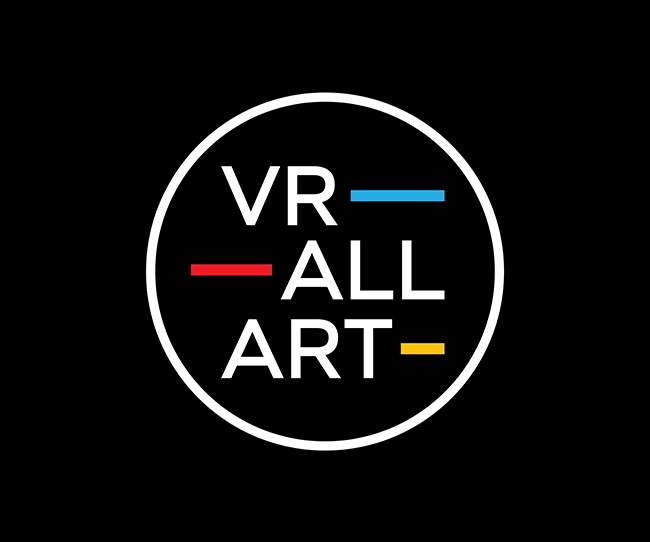
VR - ALL - ART
A platform and marketplace for artists, galleries, museums and the general public to exhibit, explore and acquire art.
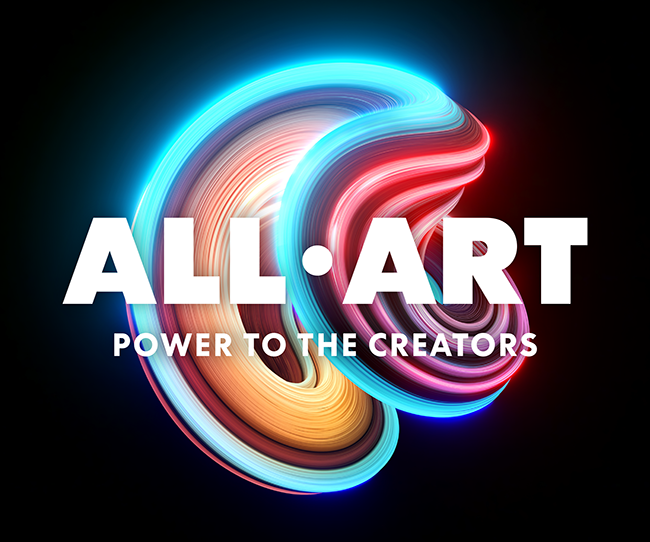
ALL.ART
The art world’s Metaverse – a virtual reality world entirely dedicated to the realm of arts and culture.
DIGITALIZATION IN ARTS AND CULTURE
TRANSFORMATION OF ARTIFACTS
The right approach to digitalization is not only handling data acquisition with the highest precision but projecting the correct usage and lifespan of such datasets. 3D scanning produces terabytes of files where the right question to ask is not if we can handle scanning, but what are these scans used for?
Storytelling and interpretation are usually overlooked in the search for the most advanced technological solution, where safekeeping is just a piece of the puzzle. If digitization’s only purpose is artifact protection, then we are missing the point. Transfer of knowledge and dissemination of culture should be our primary goals and guidelines in designing the next project that handles digital culture.
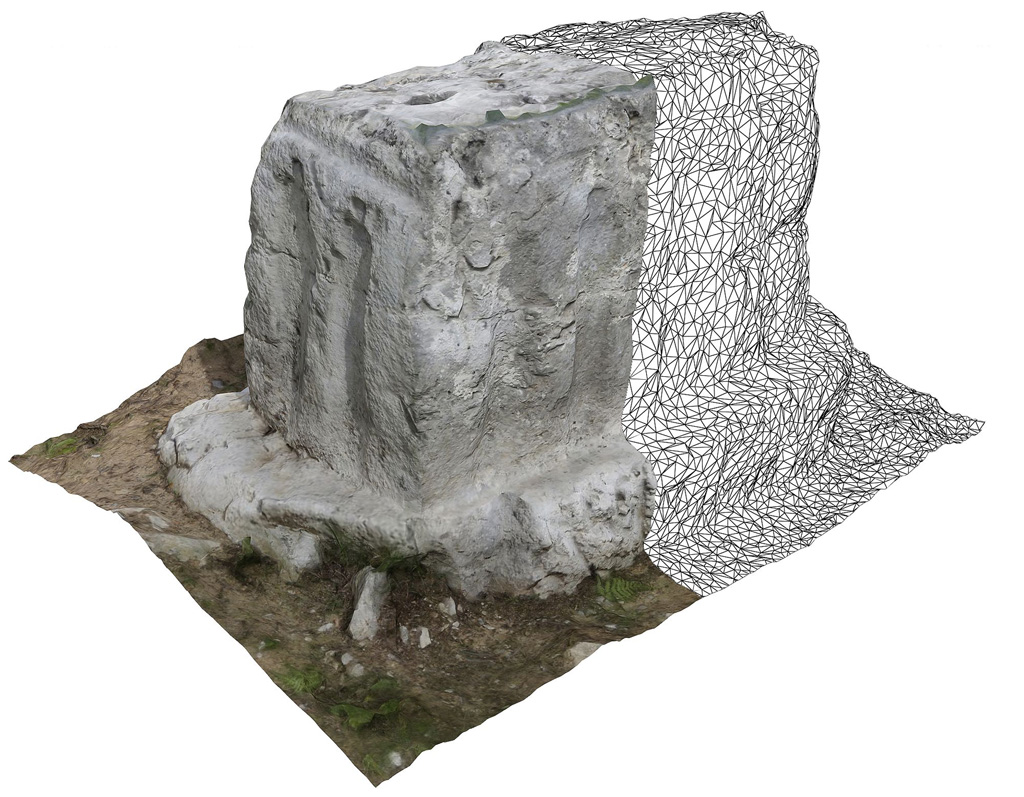
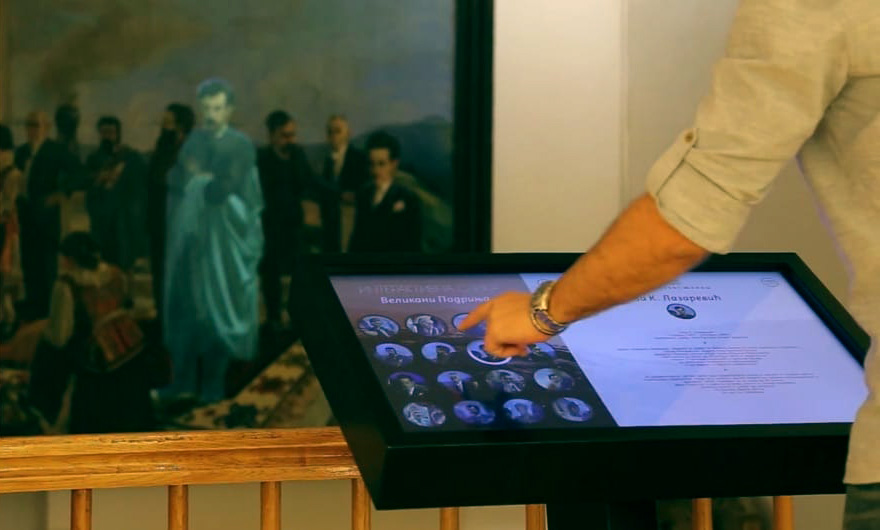
INTERACTIVE INSTALLATIONS
TECHNOLOGY IN MUSEUM
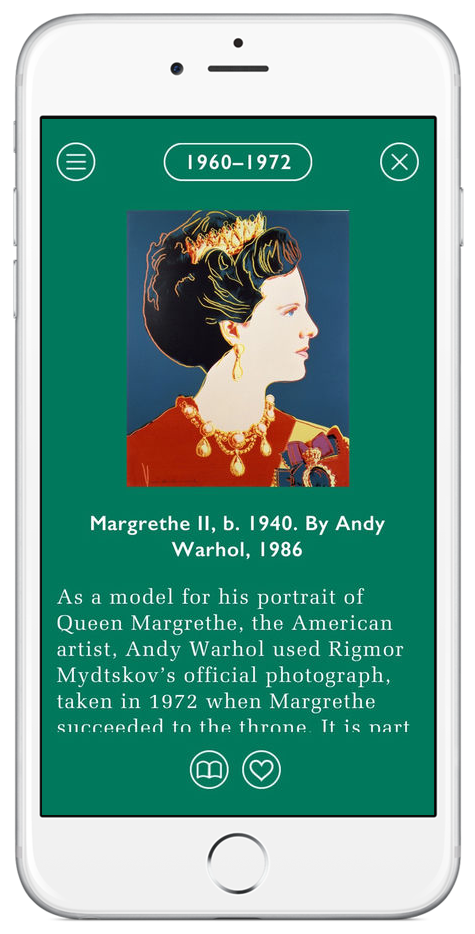
MOBILE APPLICATIONS
PERSONALISED EXPERIENCE
One thing is sure in today’s world – every visitor that comes into a museum or a gallery has a mobile phone in their hand or pocket. The question is, are we using it for the benefit of the experience? Mobile phones are progressing in their capabilities and apps can use these features to enrich and expand opportunities visitors have on the floor. Important note to keep in mind: apps are used offsite, too; thus features should be designed accordingly.